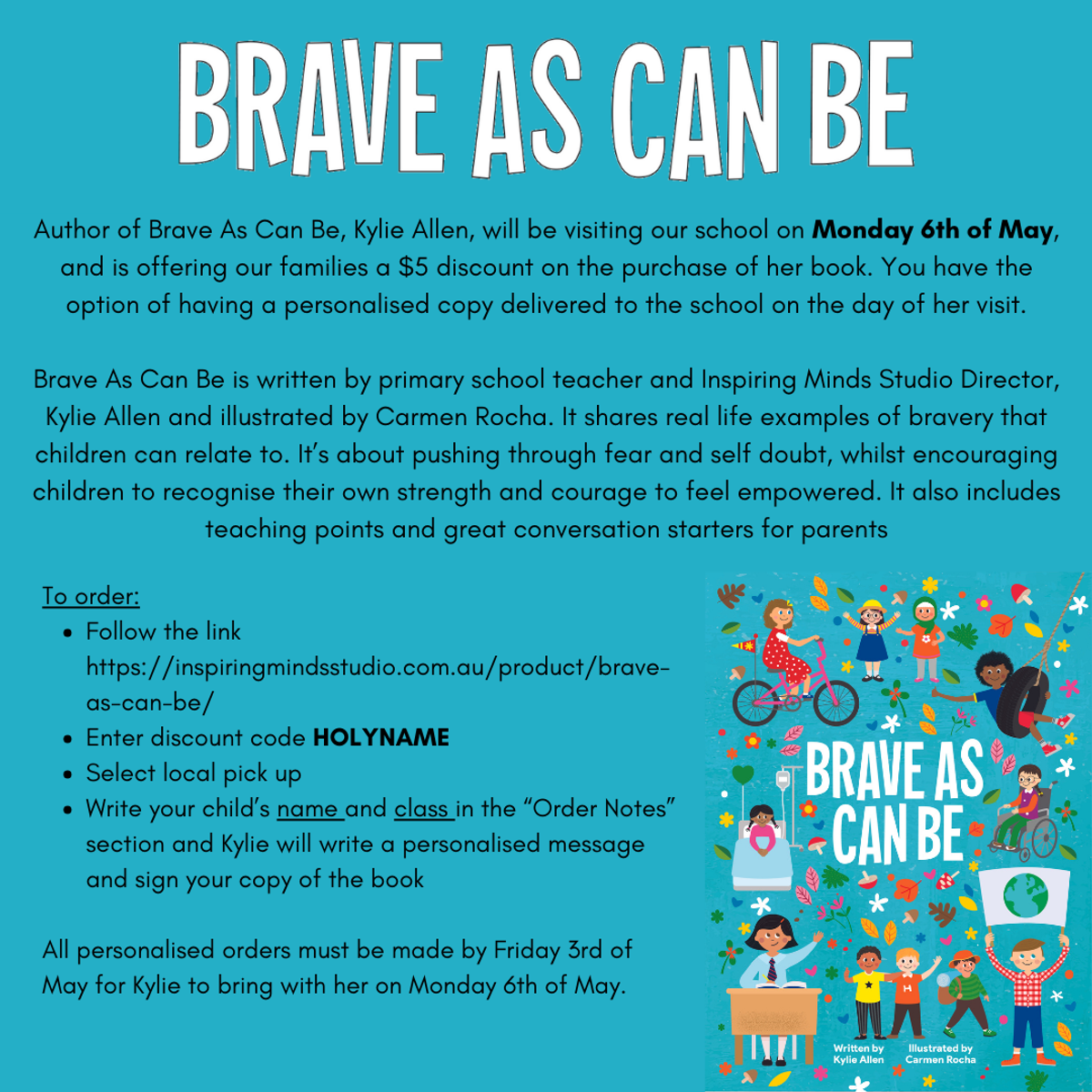WELLBEING
MRS CECALA

WELLBEING
MRS CECALA


Friday 10th May:Year 5/6
Positive Peer Relationship all day workshop
Our Positive Peer Relationship workshop focuses on helping young people to build quality, lasting friendships and learn important personal and social skills.
This week’s presentation from The Resilience Project focuses on Gratitude.
Gratitude is paying attention to the things that we have right now, and not worrying about what we don’t have. We practise this by noticing the positives that exist around us.
Research shows that practicing gratitude rewires our brains to overcome the negativity bias (which can lead to anxiety and depression) and see the world for what we are thankful for. It is also shown to broaden thinking, and increase physical health through improved sleep and attitude to exercise.
View Part 2 of the series here:
Part 2 - Gratitude: https://theresilienceproject.com.au/2023-parent-carer-hub-inspire-hugh/
There are many ways in which you can practise gratitude, including starting a gratitude journal. You can simply use a notebook to list three things that went well for you each day or use a more comprehensive Wellbeing Journal, like those created by The Resilience Project.
Source: Psychology Today
For mental health resources and support information, visit The Resilience Project’s Support Page.
Every night at dinner, have each person talk about their favourite thing about that day.
What is the Nationally Consistent Collection of Data?
Schools must now complete the Nationally Consistent Collection of Data on School Students with Disability (NCCD) every year. It counts the number of students who receive additional adjustments or “help” at school because of a disability. The NCCD helps governments plan for the needs of students with disability.
Please click the attachment to read who qualifies and learn more information.